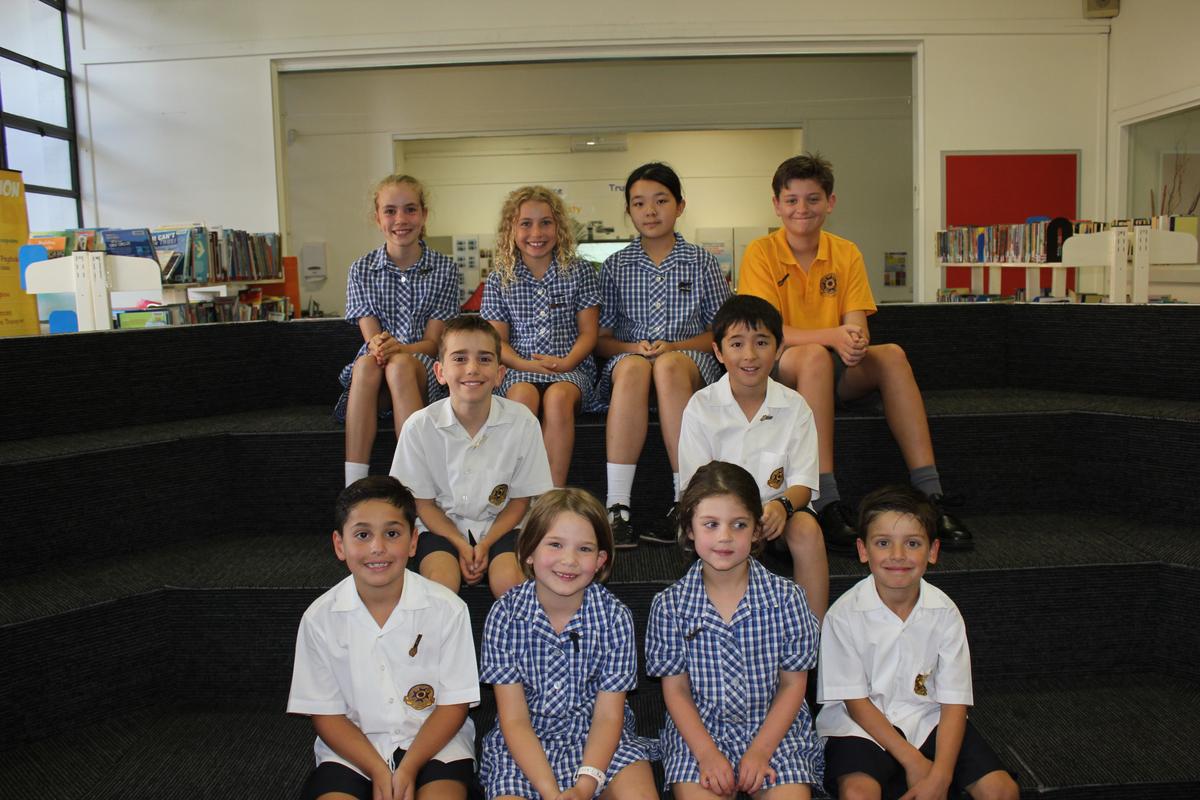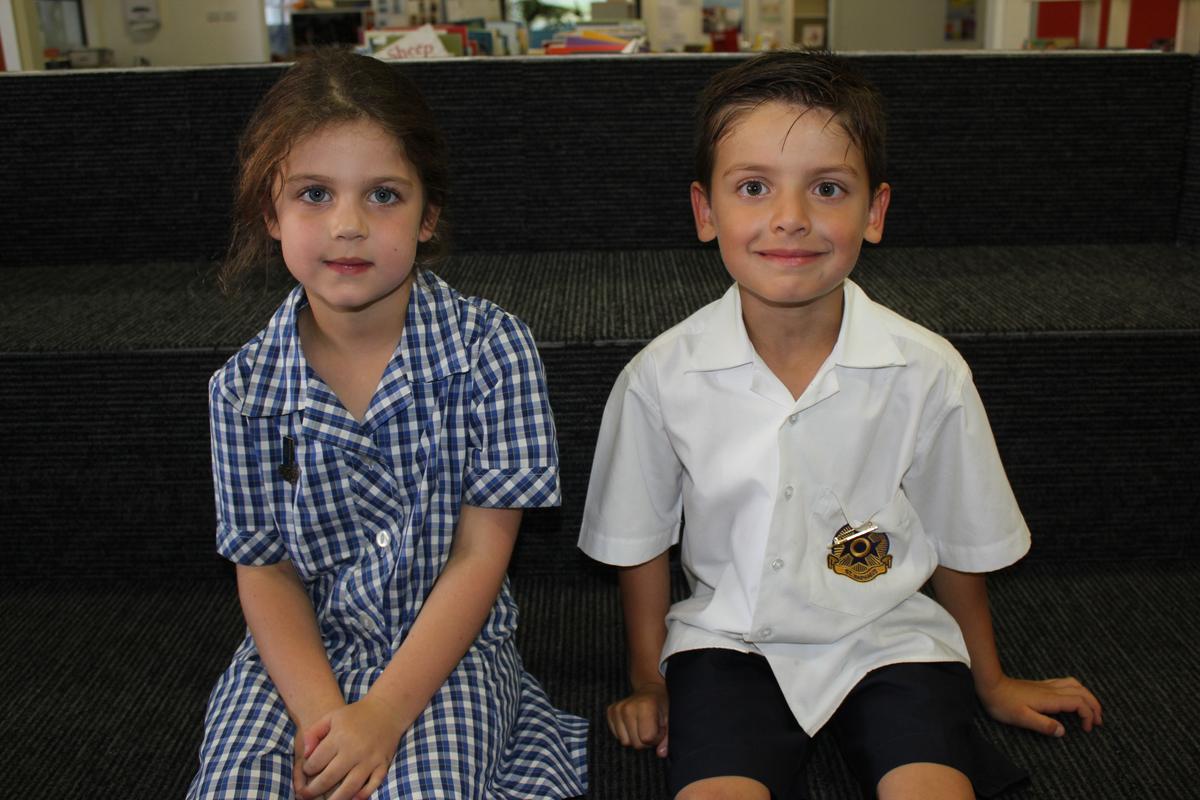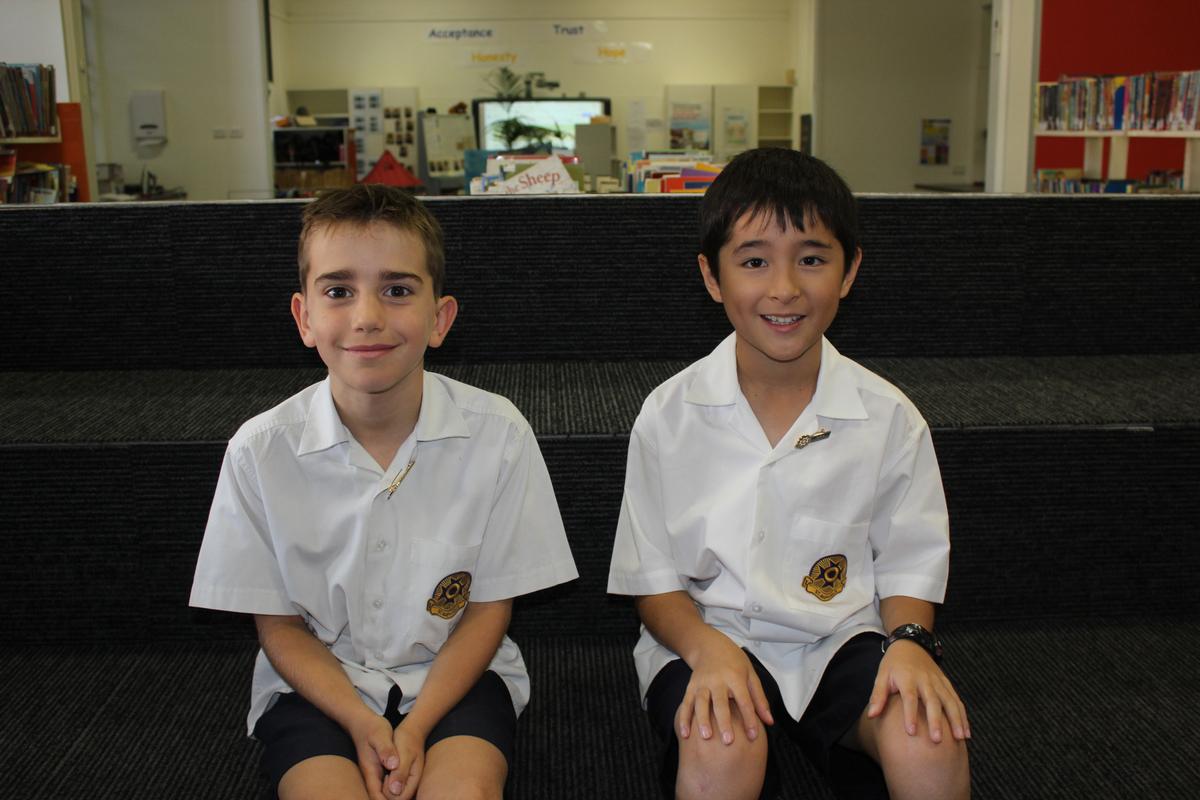Student Wellbeing

2019 Student Representative Council
(SRC)
The Student Representative Council (SRC) is made up of a group of students who want to help other students by presenting ideas which are of benefit to all students. The SRC also informs its peers of any important information which affects the students of the school.
Another purpose of the SRC is to teach students how the school works, how decisions are made and how to achieve changes. Being on the SRC teaches skills which you can put to use in later life.
We're pleased to announce that the 2019 SRC representatives are:
Prep - Juliette Villella and Spencer D'Agostino
Year 1 - Emersyn Fletcher
Year 2 - Livio Tomasiello
Year 3 - Marc Capetola
Year 4 - Ashley Xu Somers
Year 5 - Poppy Vogl
Year 6 - Zane Sarov, Ava Heuvel-Devlin and Penny Zhang
Congratulations to these students and all other students who tried out for the role.
Coping Skills for Children
The start of the year can be a daunting one for children who are beginning school and even for those children who may be starting a new year level. Here are some helpful tips from Kids Matter.
As they grow and develop, all children encounter situations where they feel worried, nervous and sometimes even scared. Starting school involves a big change for your child as they settle into a new environment and begin forming relationships with peers and school staff. Even if your child’s transition to school goes smoothly, it is likely that they will encounter some ups and downs throughout their primary school years.
Helping your child to learn coping skills as they start school will allow them to develop and practise skills that will enable them to cope with future changes and challenges. This will help to strengthen your child’s mental health and wellbeing now and into the future.
What are Coping Skills?
Coping skills are what we think and what we do to help us get through difficult situations. Your child will begin to learn and use different coping skills from the time they are born. You can build on the skills they are already using, as well as assist them to learn new ones. This may include asking for help, talking with friends, problem solving and taking time out when they need a break. You may also explore how you can help your child manage strong emotions, promote helpful thinking and assist them to break down tasks into smaller, manageable chunks. Following your child’s lead will help you work out what approach will be best for them. For some children, talking about a problem too much may lead to an increase in anxiety.
Helping Children Cope
There are lots of ways you can help your child to cope during challenging or worrying situations. You might like to:
Listen and talk to your child. Help them to identify their concerns or worries and acknowledge how they are feeling. For example, you could say, “it sounds like you are worried about who you will play with at school tomorrow.” There may be times when your child does not want to talk and just having a parent nearby engaging in a shared activity or giving them a cuddle is helpful. Reassure your child when they are feeling worried or unsure. For example, you could say, “it is a big playground but there is an area for just the little kids to play.”
Demonstrate and model ways that you cope with situations. For example, you could say, “I am going to take five deep breaths to help myself relax.”
Prepare your child for changes. Talk positively with your child about school, show them their new surroundings and do activities together that relate to starting school, such as reading stories about change.
Encourage help-seeking by teaching your child when to ask for help. For example, your child could ask a teacher for help to open their lunch box.
Problem-solve the situation with your child through a step-by-step process.
Encourage your child by talking positively about their attempts to cope.





